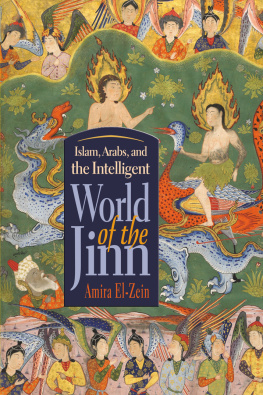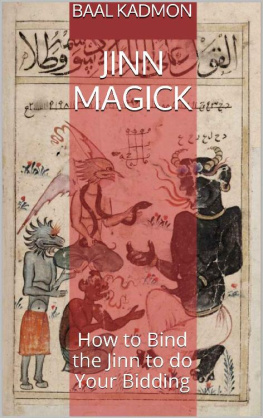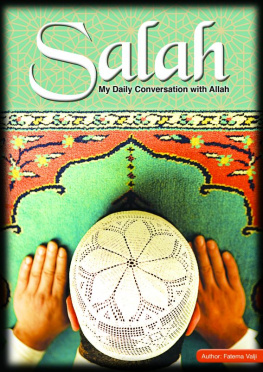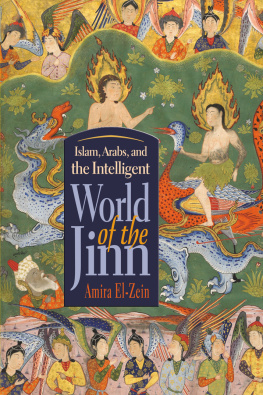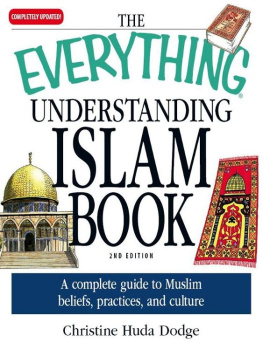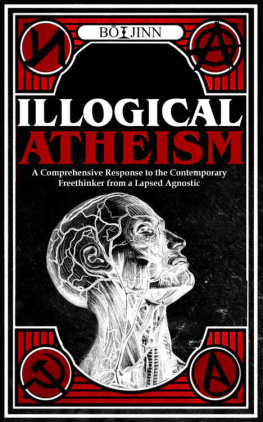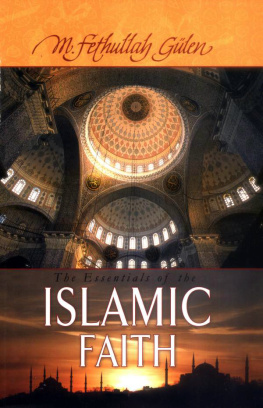Table of Contents
Guide
Page List

SELECT TITLES IN CONTEMPORARY ISSUES IN THE MIDDLE EAST
Improbable Women: Five Who Explored the Middle East
WILLIAM WOODS COTTERMAN
In the Wake of the Poetic: Palestinian Artists after Darwish
NAJAT RAHMAN
Iraqi Migrants in Syria: The Crisis before the Storm
SOPHIA HOFFMANN
Law of Desire: Temporary Marriage in Shii Iran, Revised Edition
SHAHLA HAERI
Preserving the Old City of Damascus
FAEDAH M. TOTAH
Reading Arabia: British Orientalism in the Age of Mass Publication, 18801930
ANDREW C. LONG
Shahaama: Five Egyptian Men Tell Their Stories
NAYRA ATIYA
We Are Iraqis: Aesthetics and Politics in a Time of War
NADJE AL-ALI AND DEBORAH AL-NAJJAR, EDS.

Copyright 2009 by Syracuse University Press
Syracuse, New York 13244-5290
All Rights Reserved
First Paperback Edition 2017
17 18 19 20 21 5 4 3 2 1
The paper used in this publication meets the minimum requirements of American National Standard for Information SciencesPermanence of Paper for Printed Library Materials, ANSI Z39.481992.
For a listing of books published and distributed by Syracuse University Press, visit www.SyracuseUniversityPress.syr.edu
ISBN: 978-0-8156-3200-9 (hardcover) 978-0-8156-3514-7 (paperback) 978-0-8156-5070-6 (e-book)
Library of Congress has cataloged the hardcover edition as follows:
El-Zein, Amira.
Islam, Arabs, and the intelligent world of the jinn / Amira El-Zein.
p. cm. (Contemporary issues in the Middle East)
Includes bibliographical references and index.
ISBN 978-0-8156-3200-9 (cloth : alk. paper)
1. Jinn. 2. Demonology, Islamic I. Title.
BP166.89.E49 2009
297.2'17dc22
2009026745
Manufactured in the United States of America
TO MUNIR,
husband and dearest friend
AMIRA EL-ZEIN is a scholar, poet, and translator. She was the director of the Arabic Program at Tufts University from 2002 to 2008. She holds an M.A. in French Literature from Lebanese University, an M.A. in Arabic and Islamic studies from La Sorbonne Nouvelle University, Paris, and a Ph.D. in Arabic language and literature from Georgetown University. She is currently a visiting associate professor at Georgetown University in Doha, Qatar. The range of her scholarly interest in comparative literature, medieval and modern Arabic thought, Islamic studies, and comparative folklore has resulted in numerous and multilingual lectures, articles, and book and encyclopedia chapters, in addition to editions of her own poetry and translations of other poets. Her latest book of poetry, The Jinn and Other Poems, is published by Arrowsmith.
Contents
Introduction
He created the jinn from a fusion of fire
So which of your Lords blessings do you both deny?
QURAN 55:15
T his book is long overdue. After years of painstaking investigation, this thorough work is based on an extensive and intricate research in Arabic and several European languages. I have attempted to present an all-embracing examination of the jinns concept in classical Islam including most types of supposed interactions of the jinn with humans, angels, and animals.
I was often confronted with, on one hand, Western sources simply dismissing the whole concept of the jinn as superstitions, primitivism, animism, and the like; and on the other hand, contemporary Arab and Muslim sources, which, in general, expand on the predecessors work, but rarely innovate. I would read thousands of pages to finally fall upon some original ideas on the topic. Western scholars in general concentrate on the political and social manifestations of Islam, totally neglecting this concept, while Arab and Muslim contemporary scholars find it enough to reiterate what the Quran and prophetic tradition Hadith mention, or try to apply a Western methodology that would lead them to maintain that these spiritual beings simply pertain to the domain of fantasy.
This book deals with the concept of the jinn in classical Islam only, corresponding to Islams golden age, which witnessed an extraordinary flourishing of intellectual and spiritual debates. No other era has known such a thriving of the mind, the heart, and the spirit. It is during this time theologians, Sufis, Quran commentators, poets, literary critics, historians, and geographers mused and deliberated on the concept of the jinn among other things.
But why write a book on the jinn? People in the West currently are more interested to learn about jihad, the veil, the status of women in Islam, and the various fundamentalist movements. For them Islam is solely all of the above. They assume the jinn is a topic better left to Disney and popular culture, or at best to anthropologists. Broadly speaking, many would argue this subject matter is very marginal, and would not add anything to the understanding of a religion such as Islam, while others assert its significance, but acknowledge at the same time it is a particularly thorny topic to address. For how would one classify the jinn mentioned in the Quran? Are they psychic powers? Are they spiritual powers? Are they the product of the imagination? Do they really exist? And if so, how to prove their existence to the skeptics, how to be in contact with them, and how to describe them?
For all of the above reasons, scholars on both sides prefer not to embark on this venture. It was clear there was an urgent need for a serious academic work that goes beyond the Western bias, the Arab/Muslim redundancy, and the folkloric simplification of the jinn in Disney, while attempting as much as possible to describe the phenomenon from within the culture.
I argue, on the contrary, examining such a concept is essential to understanding Islam inasmuch as it is a concept at the heart of the religion. It is, first, an important constituent of the hierarchical view of the world Islam espouses because jinn are thought to be intermediary or imaginal beings, above our terrestrial realm but below the celestial realm, as shall be seen in the first chapter. In other terms, one has to deeply grasp the concept of the jinn to understand Islamic cosmology.
Second, although belief in the jinn is not one of the five pillars of Islam, one cant be Muslim if he/she doesnt have faith in their existence because they are mentioned in the Quran and the prophetic tradition. Indeed, the Quranic message itself is addressed to both humans and jinn, considered the only two intelligent species on Earth. The prophetic tradition mentions them in several instances. Therefore, exploring the concept of the jinn in classical Islam would shed light on the complexity of a religion that has long been overshadowed in the West and misinterpreted. It would unravel the originality of a religious system that systematically takes into consideration the impact of the intermediary realm on humans.
Third, although there exists a prolific literature on angels in Islam, there is still very little serious academic work devoted solely to the investigation of the jinns concept in Islam. Analyzing angels is always easier and thought to be more rewarding in the sense that these spiritual entities are good, beautiful, universal, and eternally obedient to God. There is no paradox, no contradiction in their nature. Simply put, these divine messengers and beings of light are bringers of peace and quietude. Intermediary beings such as the jinn, on the other hand, are more complex, multifarious, intricate, and hesitant between obscurity and glow. They are go-between beings. Like humans, they could at anytime shift toward goodness or toward evil.

